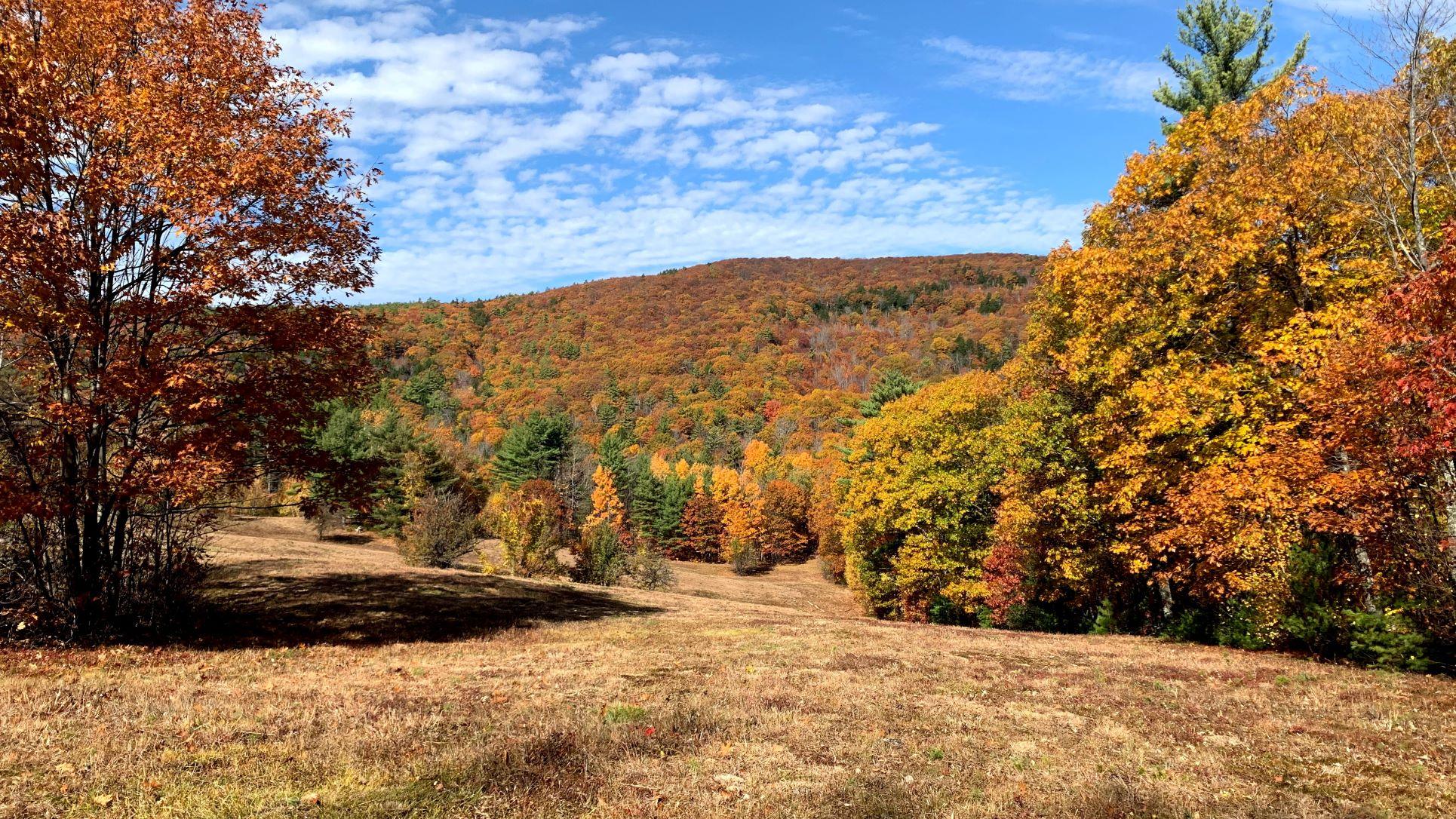- Tags:
- Advocacy

Moose Mountains Reservation. (Photo: George DeWolf)
The “reconciliation bill” the U.S. House of Representatives is debating includes significant increases in funding for the Forest Legacy Program (FLP) and the Community Forest and Open Space Program — two important forestry and conservation programs for New Hampshire.
The bill proposes a total of $1.25 billion over ten years for FLP and $100 million also over the next ten years for the Community Forest and Open Space Program.
The proposed increased funding for FLP is especially important. It assists private forest owners to maintain working forest lands through permanent conservation easement. It also invests in natural infrastructure by conserving forests that sequester carbon dioxide and protecting drinking water supplies that reduce the need for costly filtration and treatment systems.
Examples of its success in New Hampshire include:
- The 171,500 acre Connecticut Lake Headwaters.
- The 7, 786 acre Pillsbury/Sunapee Highlands.
- The Forest Society’s own Moose Mountain Reservation.
- The 5100 acre Cardigan Highlands Forest Legacy Project
The Community Forest and Open Space Program has also been beneficial to our state. It has contributed nearly $3 million to eight different projects including the Milan Town Forest and Gorham Town Forest.
Congresswoman Anne Kuster is a member of the House Agriculture Committee and pushed for this increased funding.
In related news, U.S. Senator Jeanne Shaheen has asked Senate Majority Leader Chuck Schumer and Senator Debbie Stabenow, Chairwoman of the Committee on Agriculture, Nutrition and Forestry, to include in the Senate version of the reconciliation bill funding for these important programs.
We appreciate the focus the members of the New Hampshire Congressional delegation have made to helping to conserve the forests in our state and we encourage readers to thank Senator Shaheen and Congresswoman Kuster for their efforts.
